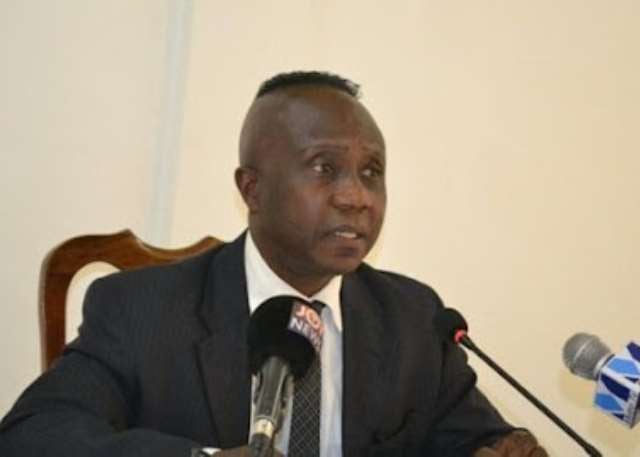The Director of Research at the Institute of Economic Affairs (IEA), Dr John Kwabena Kwakye, has dismissed comparisons between the now-scrapped electronic transaction levy (e-levy) and the newly introduced fuel levy, also known as the dumsor levy.
Parliament passed the Energy Sector Levies (Amendment) Bill, 2025, under a certificate of urgency on Tuesday, June 3.
The new levy imposes an additional GHS1 charge on every litre of fuel purchased to help settle rising debts in the energy sector.
Reacting to the levy, former Vice President and 2024 New Patriotic Party (NPP) presidential candidate, Dr Mahamudu Bawumia, criticised the government, saying the levy is eight times more burdensome than the e-levy the NDC opposed.
“They have abolished it but have introduced a levy that is eight times worse. That is a huge burden on Ghanaians. When you buy a litre of fuel, you will pay GHS1. For every GHS1,000 of fuel purchased, you will pay GHS83 as tax. Under the e-levy, there was only GHS10 tax on every GHS1,000 transaction,” Dr Bawumia said during his post-election thank-you tour of the Central Region.
But Dr Kwakye, who also serves as an advisor to the Governor of the Bank of Ghana, disagrees with the comparison.
The economist argues that the dumsor levy was properly applied, unlike the e-levy.
“There is a clear difference between the e-levy and the d-levy. The former was applied, erroneously, to money transfers, while the latter is applied, rightly, to an economic transaction. Taxes are applied almost exclusively to incomes, transactions or assets,” he posted on social media on Sunday, June 8.


